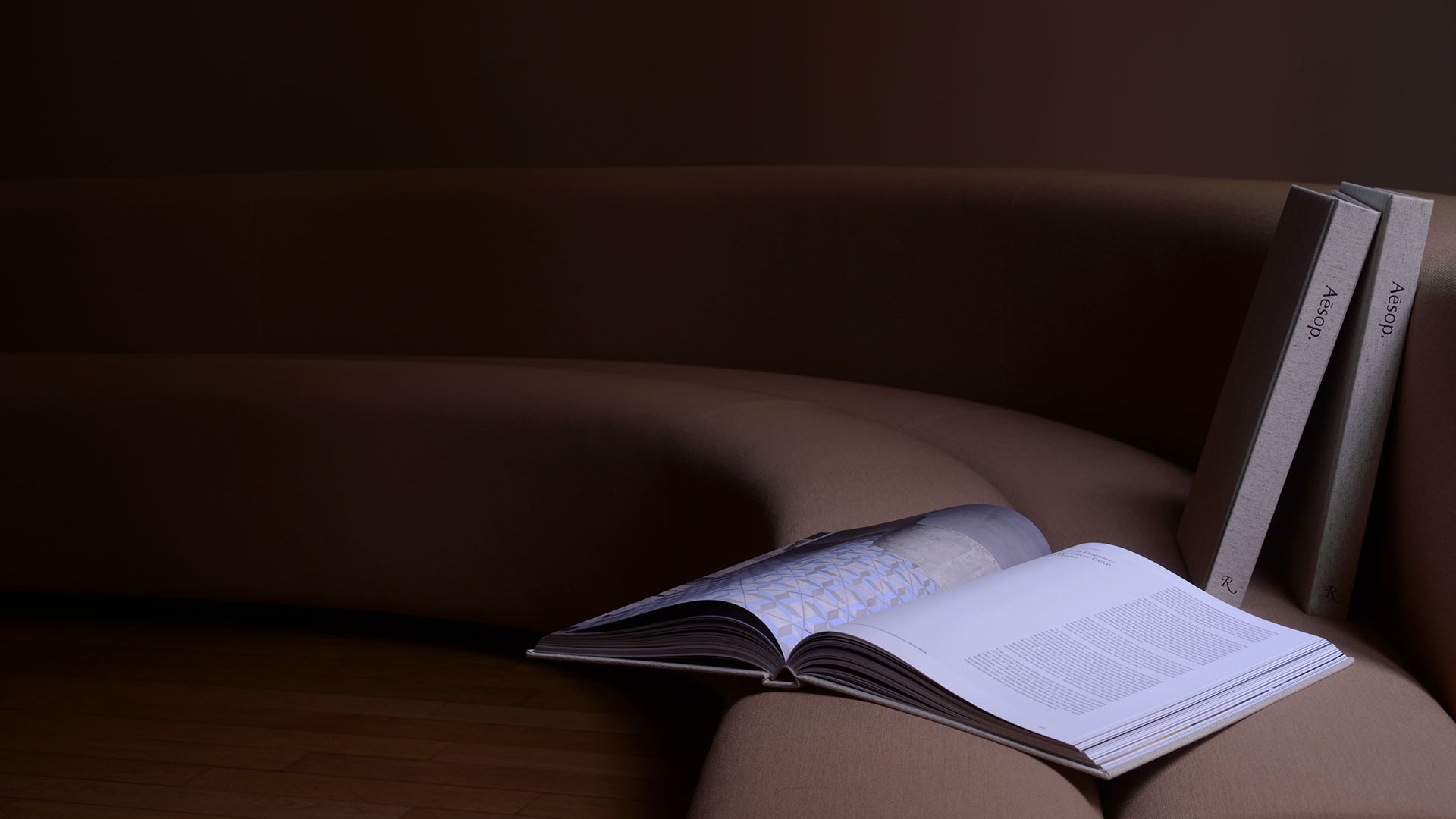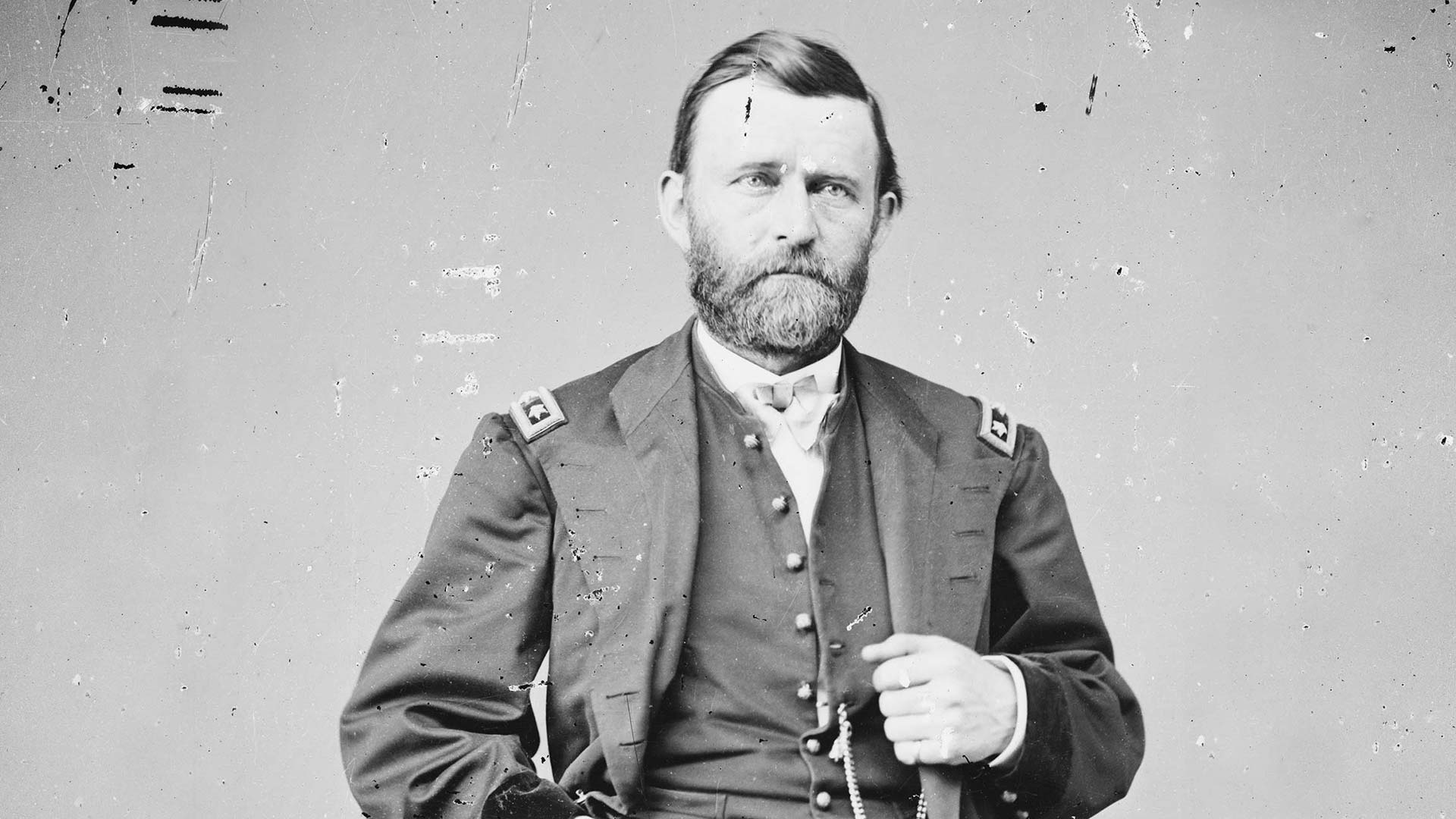For three years, I’ve been writing a biography of J.B.S. Haldane, and when I tell people this, their faces ripple with faint, confused recognition. They think they know the name, but they don’t know why they know it. So then I make further introductions, and I’ve done this so often now that I’ve developed something of a patter: He was a British scientist in the first half of the twentieth century—a polymath, really, but he worked mainly in genetics. He was also a confirmed Communist and just an all-around troublemaker. He lived such a dramatic life! He was in the trenches in the First World War, and in Spain during the civil war, and did experiments on himself for the British Navy during the Second World War. And he wrote all these articles and books for the general reader, about science and about the intersections of science and politics. In his day, I think he was as famous in England as Einstein. Then he moved to India in the late Fifties, and lived there and died there. I can now deliver this distillation in my sleep. It feels empty, though, in the same way that talking about your family on first dates feels empty. The facts are all correct; it’s just unsatisfying to boil down a life whose complexities you’ve come to know so well. In biographing the dead, you strike up a particularly close relationship with the things they’ve written by hand: letters, diaries, and notes, where your subject has let down the drawbridge, drained the moat, and unlatched the doors to his or her soul. Haldane seemed to be scratching away at something all the time. On the Tube, he would pull a notebook out of his bag, balance it on his knees, and work on his equations. He must have been a sight, this big, bald man with a hedgerow for a mustache, doing his homework like a rapt schoolboy. In pubs, he left behind idle sums on cocktail napkins; in meetings that bored him, he doodled in Greek. During the Second World War, when fresh paper was a luxury, he sometimes used one side of a sheet for his statistical calculations, then flipped it over to write out a letter. Here we arrive at the dull truth of biography: It’s important to fix on someone whose handwriting you can understand. Haldane’s mother, for instance, had a hand that was both tidy and illegible, just a series of perfectly formed loops and whorls. I know very little of what she ever wrote to her son. For all I’m aware, she told him that he was a foundling; my book will not break that news. Haldane’s own scribble was awful, pinched and inconstant. In words beginning with capital letters, he left curious spaces between that first letter and the next; the tittles above his i’s perched above the next letter in the word, or even the one after that. But he was always readable—a profound relief. Haldane’s papers have been distributed across a number of institutions, but most of them lie in the care of University College London, which employed him the longest. You have to show up to see some of his more personal records—bank slips, lawyers’ notes—but the rest have been scanned and stevedored onto the Internet. From the point of view of convenience, this is a happy state of affairs; I’ve consulted and reconsulted these documents from all over the world. But there was something more meaningful about reading the papers in person, as, for example, at the National Library of Scotland, in Edinburgh. In the warm, bright reading room, up on the second floor, the ritual repeated itself: pulling a catalogue off the shelves; filling in request slips; waiting half an hour or an hour for the boxes of hard red cardboard to be hoisted out of the bowels of the archive; propping a letter or a notebook open on a soft-foam stand, the paper kept down by a string of heavy beads; remembering the admonishment: “Only pencils!” The work felt ceremonial. It was as if some specter of Haldane were judging my worth every time before releasing one further aspect of himself into my hands. Through his handwriting alone, the archives present the full sweep of Haldane’s life. They contain among the first things he ever wrote: letters to his father, a scientist who often traveled to other towns to study their coal mines or sewer systems. Dear Uffer, Haldane wrote when he was four or five, using his boyish mangling of “father,” are there any intrsting things if there are plees tel me about them. They contain the bumptious speeches he made for the debating club at Eton, the apocalyptic poems he composed in the trenches, and the racy, flirty letters he sent to Charlotte Burghes, née Franken, the woman who became his wife. They contain drafts of his scientific papers, and of his columns for the Daily Worker, and of chapters in the three dozen or so books that he published. They contain his squabbles and his friendships; they contain his admonitions to the Royal Society to admit more women, and to the British Communist Party to frame its policies on science more diligently; they contain the messages he scrawled and held up to the porthole when he sat in airtight chambers to simulate conditions in malfunctioning submarines, his body in pain and his mind addled by carbon dioxide. NOSE CLIP VERY PAINFUL. Eyepieces so dimmed I can’t see anything. And the archives contain his last essay: a survey of human genetics, on the first few pages of a crisp new notebook. He was dying of cancer as he wrote the essay; the rest of the notebook stayed achingly empty. Through his handwriting alone, I watched Haldane grow before my eyes, from childhood into adolescence and then into adulthood and so to death. Cradle to grave—or in his case, cradle to dissection table of a medical college in Kakinada. The only people to witness such complete arcs of life at close quarters are biographers and the unfortunate parents who outlive their adult children. When I read Haldane’s final essay, I still vividly held in my mind the letter he wrote at the excitable age of five to his granny, telling her about a meringue he’d eaten. No one who’d written a biography ever told me what a heartbreaking exercise it is.
Please sign up for Aesop Hong Kong's WhatsApp to ensure your data is secured for system upgrade.Learn more
Cart
Size
Quantity
We are pleased to offer shipping to Hong Kong SAR, China and Macau SAR, China.
All prices are listed in HKD.
Included Taxes


